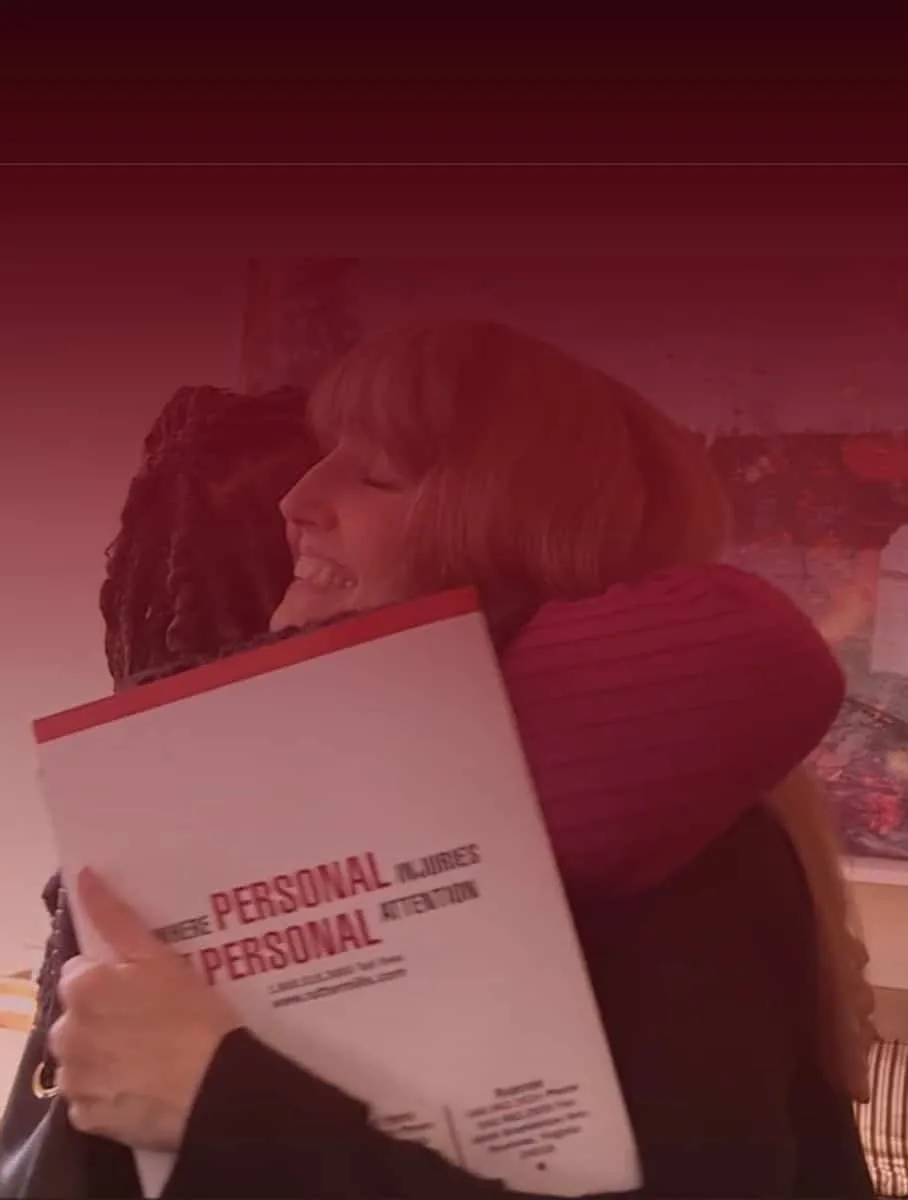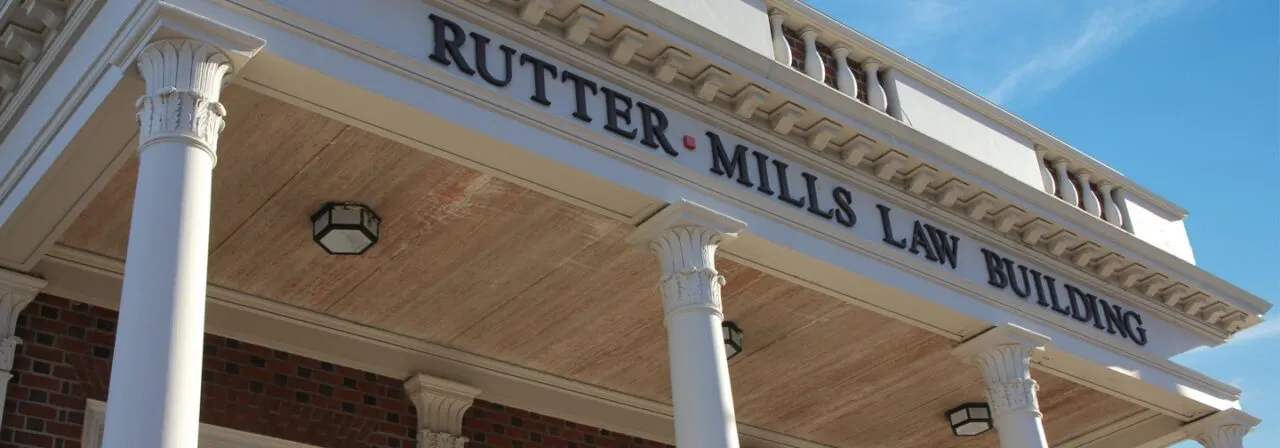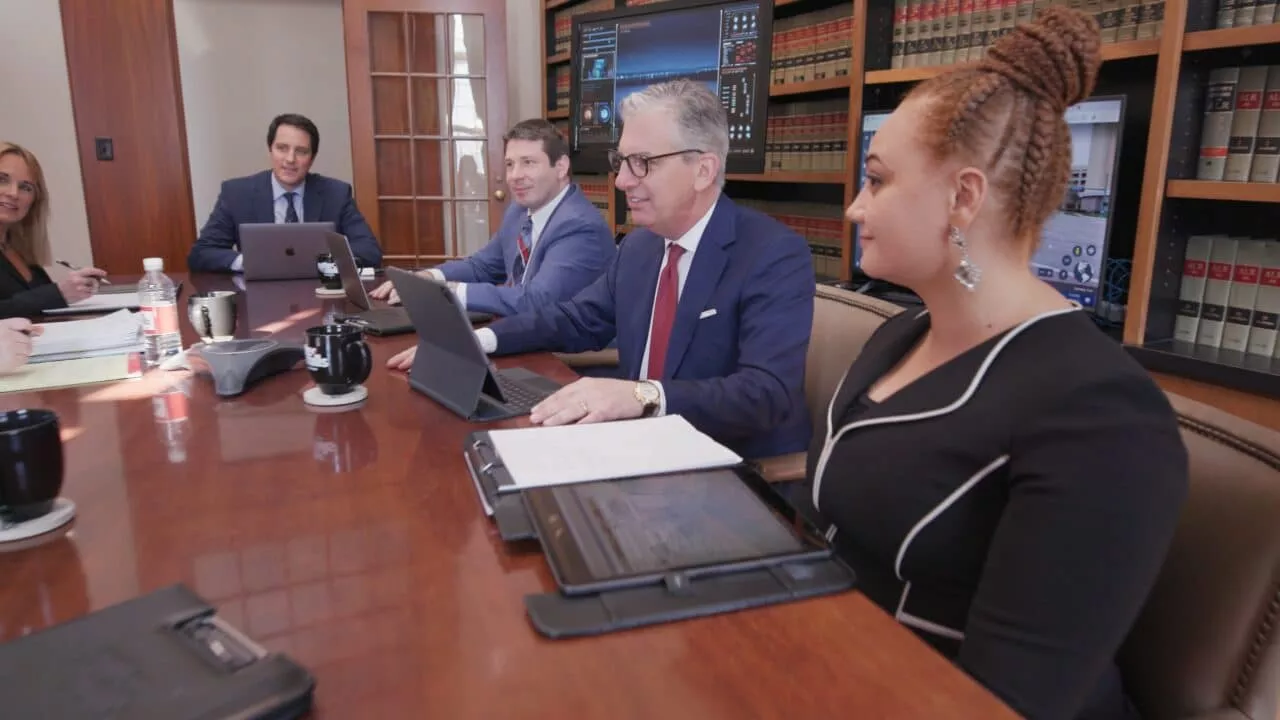
We’re Here for You
Contact Us for a Free Case Evaluation
Our team is ready to listen day or night – 7 days a week, so contact us now to see how we can help you on the road to recovery.

Slip and fall injuries are one of the most prevalent and preventable injuries in the workplace. If you work in a commercial kitchen, slip and fall injuries may be all too familiar and our workers’ compensation lawyers understand how complex these kinds of cases can get.. In the event that hazards are not attended to and preventable measures are not taken, injuries can result in considerable lost work hours or long-term pain. According to the Bureau of Labor Statistics, 22% of slip and fall accidents result in at least 31 days of missed work. If you’ve been injured due to someone else’s negligence, a Virginia Beach personal injury attorney can help you seek the compensation you deserve.
All employees are encouraged to file Workers’ Compensation claims following a slip and fall incident. These claims surmount over 1.8 billion dollars annually. That is a lot of injured workers; and more often than not, these injuries could have been avoided.
What are examples of slip and fall hazards in a commercial kitchen?
– A mat with an upturned corner. Uneven floor surfaces that pose as tripping hazards.
– Oil, water, food and grease can end up on in the cooking and dishwashing areas.
– Physical obstructions like food on the floor or improperly placed drain covers.
– Servers, hosts, and bussers who carrying trays or plates around blind corners or entryways.
Supervisors as well as employees can decrease hazards through awareness and proper cleaning procedures. What can an employee do to prevent a slip and fall accident?
– Clean floors immediately after a liquid spill. Use a wet floor signs for spills or a recently mopped floor to warn both employees and customers.
– Use sinks and cooking equipment that prevent water, oils and fats from escaping.
– Wear designated non-slip, waterproof footwear anytime you work in a restaurant. Also, make sure they are closed toed.
– Properly store all products and supplies to eliminate clutter and slipping hazards.
– Do not overload yourself when carrying stacked items. You should be able to see over the stack to clearly navigate.
– Use service mats, and make sure all rug corners lay flat.
The Occupational Safety and Health Administration has specific standards to eliminate slip and fall hazards in commercial kitchens. All restaurants must abide by these standards to avoid penalties. What can employers do to protect employees from a fall?
– Wet floor signs must be provided.
– Provide non-slip mats to prevent employees from slipping if the floor becomes slick.
– All floors must be kept clean and dry. All spills must be cleaned up immediately.
– Enforce slip-resistant shoes to minimize injuries.
– Stretch or re-lay any carpet that is bulging or bunched-up.
– Provide sufficient floor drainage in areas that tend to be wet. Replace any drain covers that are loose or broken.
– Place convex mirrors at blind corners and areas of high traffic.
– Provide adequate lighting in all kitchen and cooking areas.
– Train your employees on subject specific hazard prevention techniques. The National Restaurant Association suggests teaching staff in 10-15 minute classes.
Ultimately, it is the business owner’s obligation to provide a safe, injury-free environment for staff and customers. However, accidents do happen in restaurants, even when practicing preventative techniques. If you or a loved one has been injured on the job, please contact the workers compensation lawyers at Rutter Mills. Our team will make sure you get the justice you deserve.
A Rutter Mills case is a serious case. It may mean you have been badly injured. It certainly means you have a lot on the line, and the resolution of your case will make a big difference to you, your family, and your life moving forward.
Contact Us for a Free Case Evaluation
Our team is ready to listen day or night – 7 days a week, so contact us now to see how we can help you on the road to recovery.


